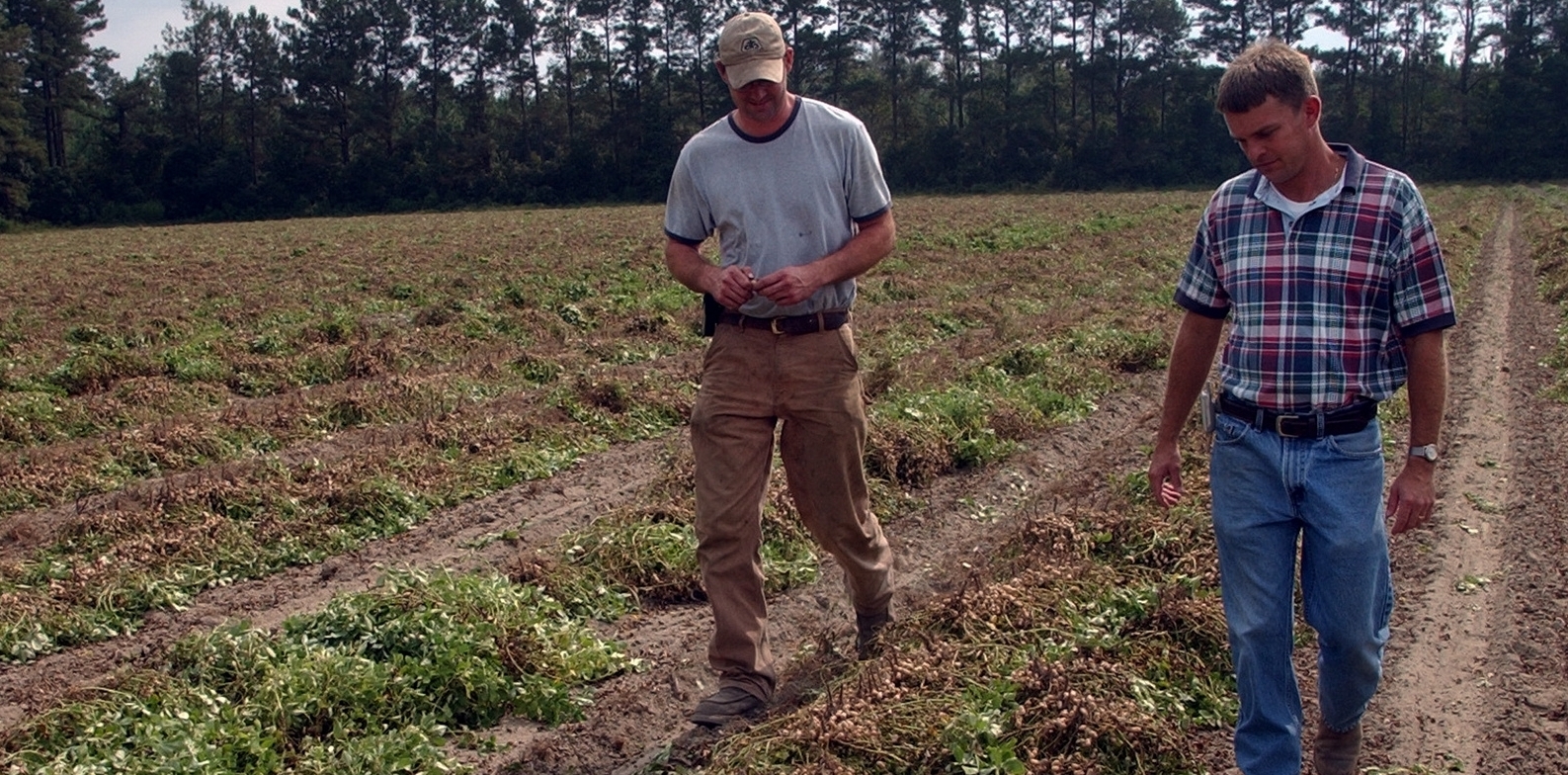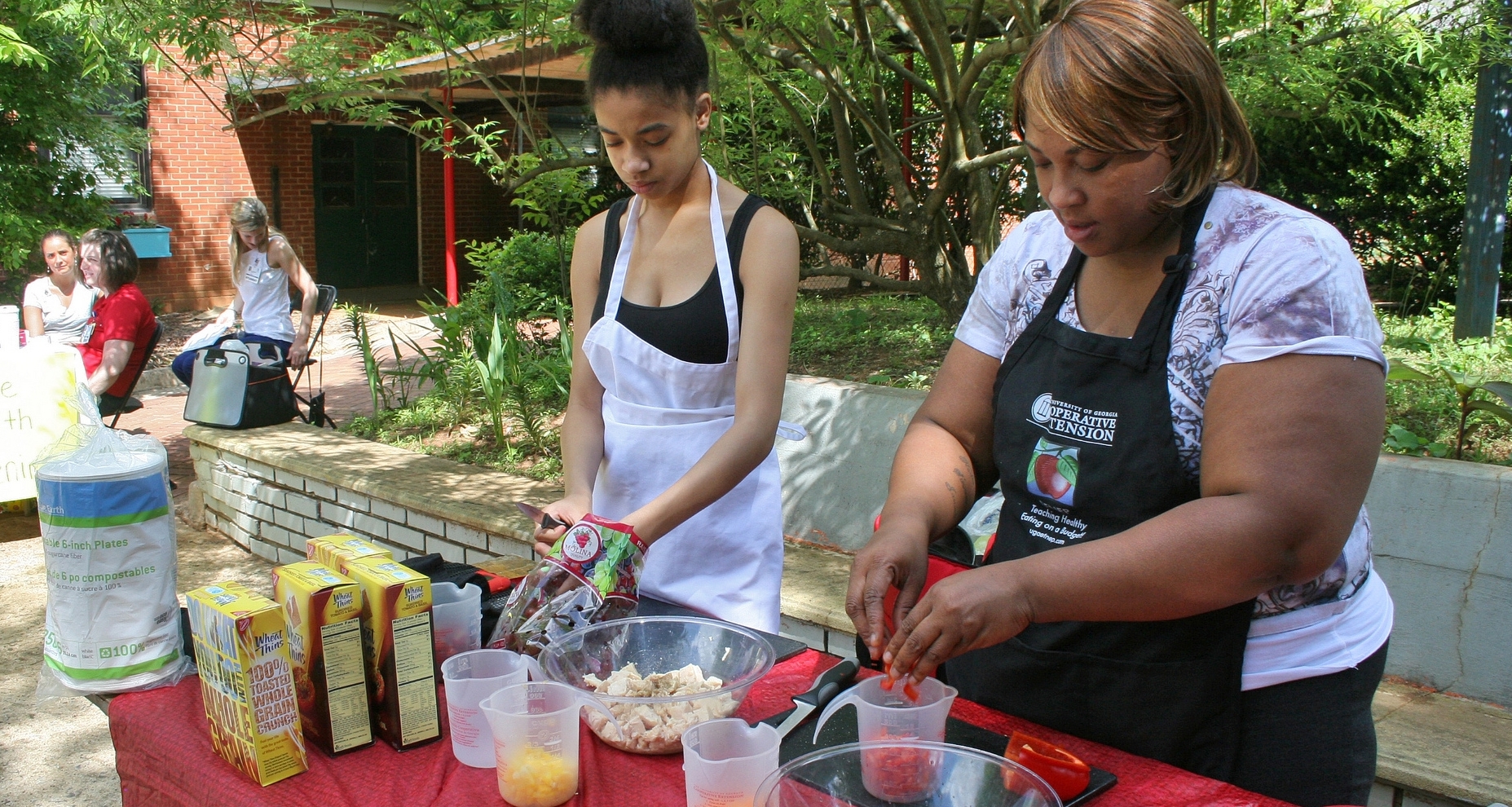Our mission
We deliver lifelong learning across the state through science-based programs and education in agriculture and the environment, family well-being, and 4-H youth.
University of Georgia Cooperative Extension faculty and staff are tackling some of the state's and world’s grand challenges - from combating diseases and securing a safe food supply to strengthening families, communities and economic growth. We deliver programs through three main program areas:
Agriculture and Natural Resources (ANR)

Goods and services related to Georgia’s agriculture and natural resources affect each of the state’s communities every day. Agriculture is Georgia’s largest industry, with $74 billion of direct and indirect economic impact. More than 411,000 Georgia jobs are involved directly in commodity or food- and fiber-related industries. UGA Extension faculty and staff play a key role in the success of this industry by sharing university-based research for Georgians to use on the farm and at home.
Recommendations in areas including soil fertility, pest management, plant and crop varieties, water quality, and herd health and management focus on maximizing production and profits while minimizing environmental impacts. Agriculture and Natural Resources Extension agents also provide homeowners and communities with information on lawn care, landscaping, gardening, and water conservation through a variety of workshops. Some agents also work with schools on projects like community gardens and farm-to-school programs. Georgia Master Gardener Extension Volunteers give thousands of hours of service to their communities by answering questions in county offices and creating educational opportunities.
See all ANR Agents
top
Family and Consumer Sciences (FACS)

Family and Consumer Sciences Extension specialists, agents, and staff assist in addressing real-life issues faced by Georgians of all ages. They provide programs and the latest information on obesity, chronic disease, food and financial insecurity, family stresses, unhealthy housing, food safety and preservation, nutrition, and more. To help promote the positive development and safety of preschool, school-aged, and adolescent youth, UGA Extension offers resources for parents, caregivers, and others. Extension professionals in this program area lead consumer economics trainings and programs such as ServSafe®, Relationship Smarts, and PRIDE, a parent and teen driving education course.
Extension also promotes healthy lifestyles through statewide programs. Walk Georgia – a virtual, fitness-tracking resource – encourages improving physical fitness and healthy lifestyles in order to better the lives of Georgians. Other health programs managed by UGA include the Expanded Food and Nutrition Education Program (EFNEP) and Supplemental Nutrition Assistance Program Education (SNAP-Ed). These classes teach families how to stretch their food dollars, eat healthier meals and snacks, and reduce the risk of foodborne illnesses.
See all FACS agents
top
4-H Youth Development

As the youth development program of UGA Extension, 4-H is also part of a national network. Georgia 4-H reaches more than 170,000 fourth- through 12th-grade students across the state and helps students develop the knowledge, life skills, and attitudes that will enable them to become self-directing, productive, and contributing members of society. This mission is fulfilled through hands-on learning experiences in agricultural and environmental awareness, leadership, communication skills, citizenship, energy conservation, health, and food and nutrition.
Georgia 4-H’ers are well known for sharing their knowledge and volunteering throughout their communities. At the school and county levels, students participate in club meetings organized by 4-H Youth Development Extension agents. At the state level, students participate in competitions, summer camps, and conferences. Some 4-H competitions and events are also offered at the regional and national levels. Research indicates that, as a result of participating in 4-H, members are more engaged in their academic studies, less likely to be involved in risky behavior, and more likely to graduate from high school and continue their education.
See all 4-H agents
top
Opportunity for All
The University of Georgia College of Agricultural & Environmental Sciences (working cooperatively with Fort Valley State University, the U.S. Department of Agriculture, and the counties of Georgia) offers its educational programs, assistance, and materials to all people without regard to race, color, religion, sex, national origin, disability, gender identity, sexual orientation or protected veteran status and is an Equal Opportunity, Affirmative Action organization.